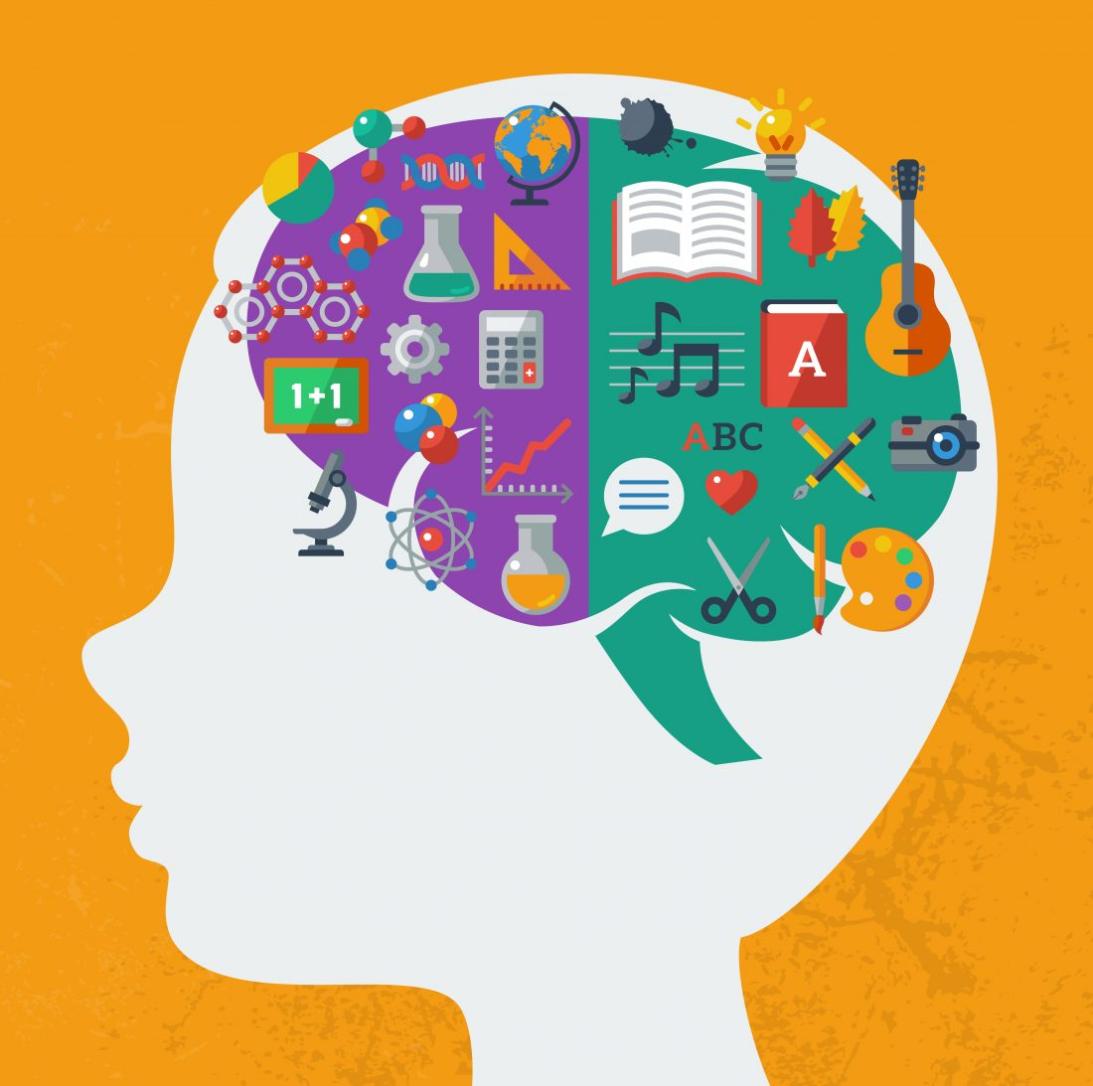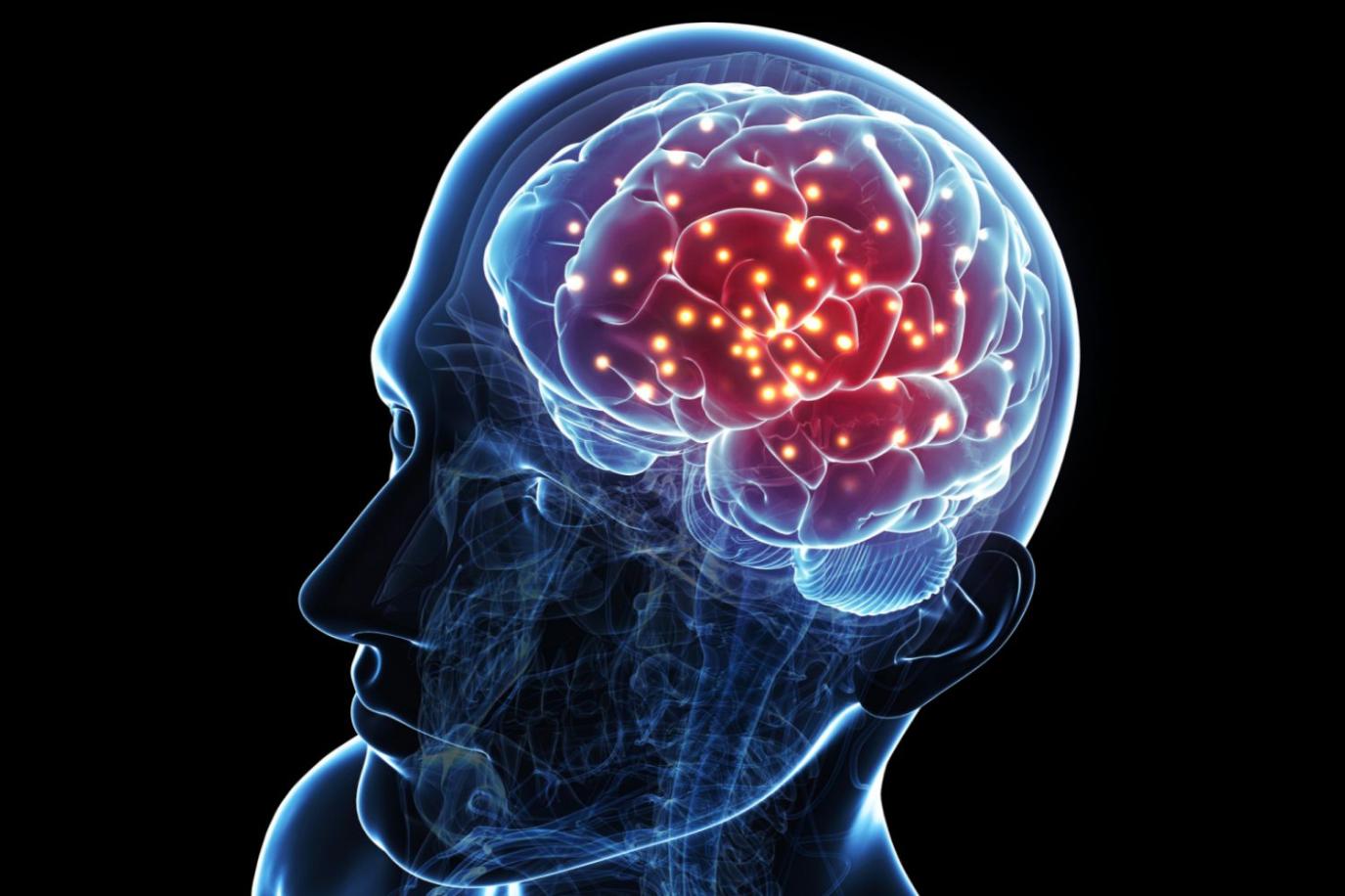What Are the Effects of Stress and Trauma on the Brain?
Stress and trauma are common experiences that can have a profound impact on our physical and mental health. While we all experience stress and trauma to some degree, the severity and duration of these experiences can vary widely. For some people, stress and trauma can lead to serious health problems, including mental illness and chronic physical conditions.

Effects Of Stress On The Brain
Stress is a normal reaction to challenging or threatening situations. When we experience stress, our bodies release hormones like cortisol, adrenaline, and noradrenaline. These hormones prepare us to respond to danger by increasing our heart rate, blood pressure, and breathing. They also help us to focus our attention and make quick decisions.
Short-term Effects Of Stress
- Increased heart rate and blood pressure
- Elevated levels of stress hormones (cortisol, adrenaline, noradrenaline)
- Impaired cognitive function (memory, attention, decision-making)
- Increased risk of anxiety and depression
Long-term Effects Of Stress
- Structural changes in the brain (reduced volume of hippocampus, amygdala)
- Functional changes in the brain (altered activity in prefrontal cortex, limbic system)
- Increased risk of chronic health problems (heart disease, stroke, diabetes)
Effects Of Trauma On The Brain
Trauma is a deeply distressing or disturbing experience that can have a lasting impact on our mental and physical health. Trauma can be caused by a variety of events, such as natural disasters, accidents, violence, or abuse. When we experience trauma, our brains go into survival mode. This can lead to a number of physical and psychological changes, including:
Acute Effects Of Trauma
- Dissociation and depersonalization
- Flashbacks and nightmares
- Difficulty concentrating and making decisions
- Hypervigilance and exaggerated startle response
Chronic Effects Of Trauma
- Post-traumatic stress disorder (PTSD)
- Depression and anxiety
- Substance abuse and addiction
- Difficulty forming and maintaining relationships
Stress and trauma can have a profound impact on our brains and our overall health. If you are experiencing stress or trauma, it is important to seek professional help. There are a number of effective treatments available that can help you to manage your symptoms and improve your quality of life.

More research is needed to understand the long-term effects of stress and trauma on the brain. This research could lead to new treatments for people who are struggling with the effects of stress and trauma.
YesNo

Leave a Reply